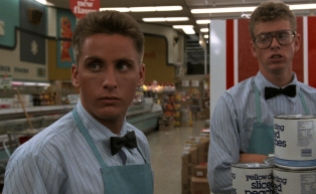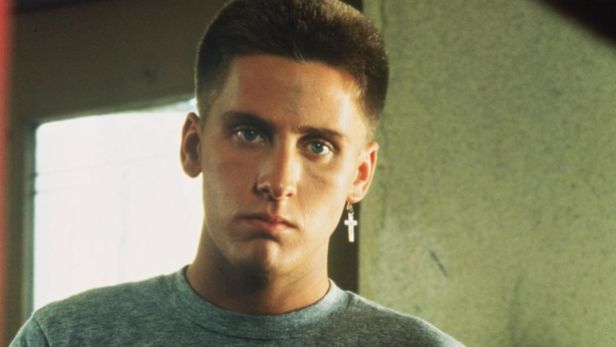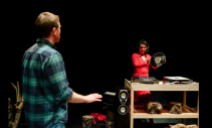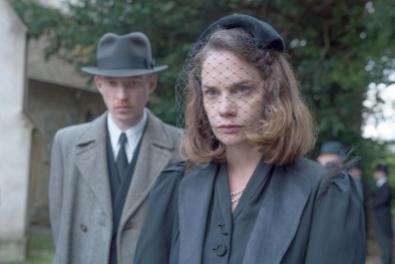29/09/18
Gilmore Place, Edinburgh
‘Good things come to those who wait.’
How many times have I heard that said? The thought crosses my mind more than once as we sit in Trenchtown waiting for our food to arrive. Okay, it’s a Saturday night and the place is packed with hungry punters, so we’re not expecting miracles here, but…. maybe I need to get into the Jamaican vibe a little more. Everything in it’s own time, right? Only, I’m hungry.
We’ve been meaning to try this Caribbean eaterie for some time and tonight, in the company of good friends, seems a propitious time to give it a whirl. We are initially charmed. We like the lively, bustling ambiance of the place, we enjoy the eclectic design replete with vibrant murals and shanty town/beach hut trappings. We enjoy the pulsing reggae music that throbs urgently in the background and the staff are as cheerful and friendly as you could reasonably expect of people who are dashing back and forth trying to feed battalions of diners. But it’s still a good hour before anything more nutritious than Red Stripe lager arrives at our table.
Luckily, the food, when it finally comes is well worth waiting for, simply served on enamelled plates or from stainless steel mess tins. Nice touch. There are four of us so we decide to maximise our options and share a range of starters. There’s fiery fried squid, light and crispy, coated in panko crumb and sprinkled with mango mole, coriander and lime mayonnaise. There’s a bowl of jerk wings, marinated for 24 hours in a finger-lickingly sticky sauce. There are Trinidadian doubles – bara roti flatbreads coated with spiced chickpeas, mango chutney and shredded coconut (these are quite the ugliest things on the table, but have a lovely earthy flavour that more than makes up for their homely appearance). And there are sweetcorn fritters, liberally coated with spiced mango and lime sauce, as light and crunchy as you like, but challengingly spiced, so that even the most hardened of us can’t resist letting out an ‘oof’ when we take a bite. Those who prefer milder things, please take note: these may be too much for you!
So far, so good. For the main course, I have chosen jerk beef ribs and when they eventually arrive, I’m very pleased with the look of them. There are two thick lengths of rib on the plate, thickly coated with meat so tender it’s virtually sliding off the bone. They are garnished with sweet onion chutney, there’s some crunchy lime and coriander chow, a dressed salad and a side of spicy French fries. The latter are a bit ‘meh,’ evidently frozen and sprinkled with paprika, but the rest of it is very nice indeed. Susan opts for the Trini chicken curry, which comprises a chicken breast cooked in coconut milk with mango. This comes with a side of rice and peas. Again, its nicely executed. The meat is succulently tender and the rice is fluffy and delicious. The portions are all on the generous side, so much so that we find ourselves unable to even contemplate a pudding. Which is a rare occurrence but maybe no bad thing.
The bill comes and we’re genuinely surprised at the price, which – with two rounds of drinks – comes in at less than £25 per head. We’ve enjoyed our visit to Trenchtown, despite that long wait for service. Maybe the answer is to visit earlier in the week, when it’s less rammed. Or maybe they need to put on some more staff at the weekends. Or maybe I just need to chill.
Because the food is really very good.
4 stars
Philip Caveney





























